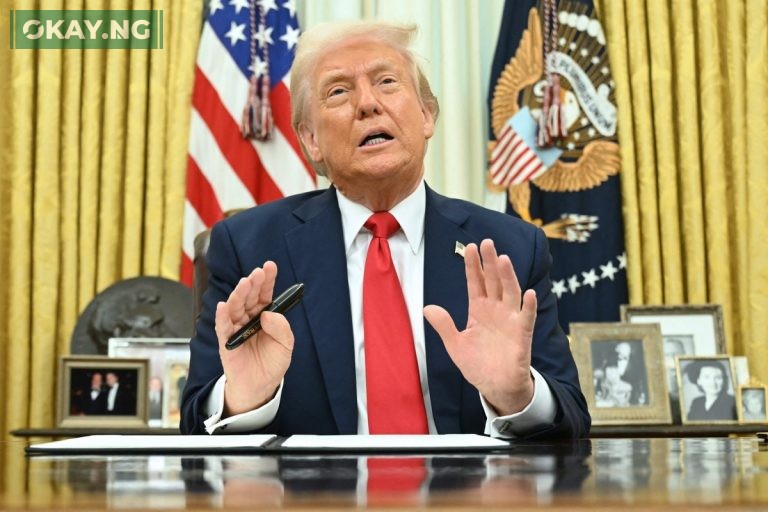On June 4, 2025, U.S. President Donald Trump signed a new proclamation imposing a comprehensive travel ban on citizens from 12 countries, effective June 9, 2025. The countries affected by the full ban include Afghanistan, Myanmar, Chad, the Republic of Congo, Equatorial Guinea, Eritrea, Haiti, Iran, Libya, Somalia, Sudan, and Yemen. In addition, partial restrictions apply to nationals from Burundi, Cuba, Laos, Sierra Leone, Togo, Turkmenistan, and Venezuela.
The White House justified the ban by citing concerns over national security, emphasizing the presence of terrorist groups, poor cooperation on visa security, and inadequate identity verification systems in these countries. Trump stated in a video message posted on X, “We cannot have open migration from any country where we cannot safely and reliably vet and screen.”
Certain exemptions are included, such as athletes traveling for major sporting events, some Afghan nationals, and dual nationals holding citizenship in unaffected countries. The proclamation builds on Trump’s previous immigration policies, including his initial 2017 travel ban targeting seven predominantly Muslim countries, which was repealed by President Joe Biden in 2021.
This latest measure is part of Trump’s broader immigration crackdown during his second term, following an executive order signed in January 2025 mandating stricter security checks for foreign nationals. The administration highlighted issues like poor criminal record-keeping and high visa overstay rates as further reasons for the restrictions.













